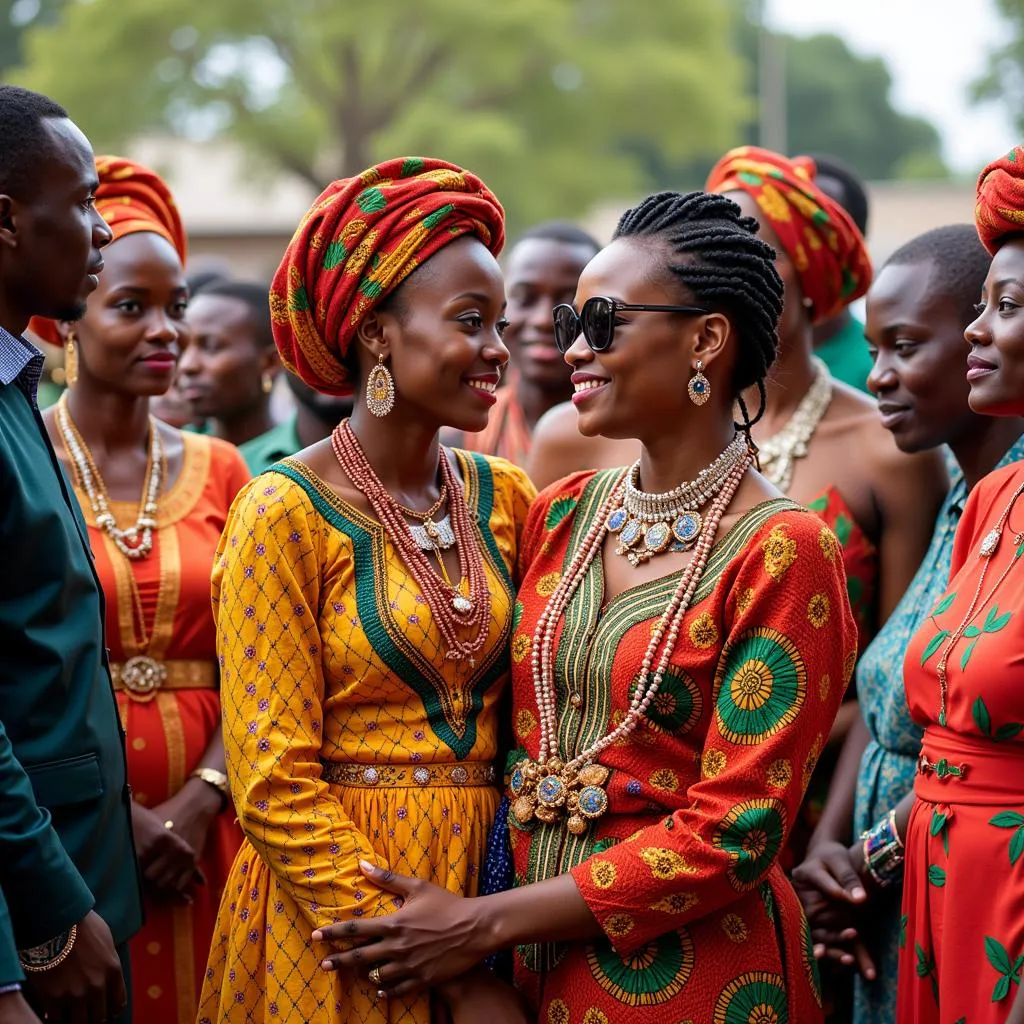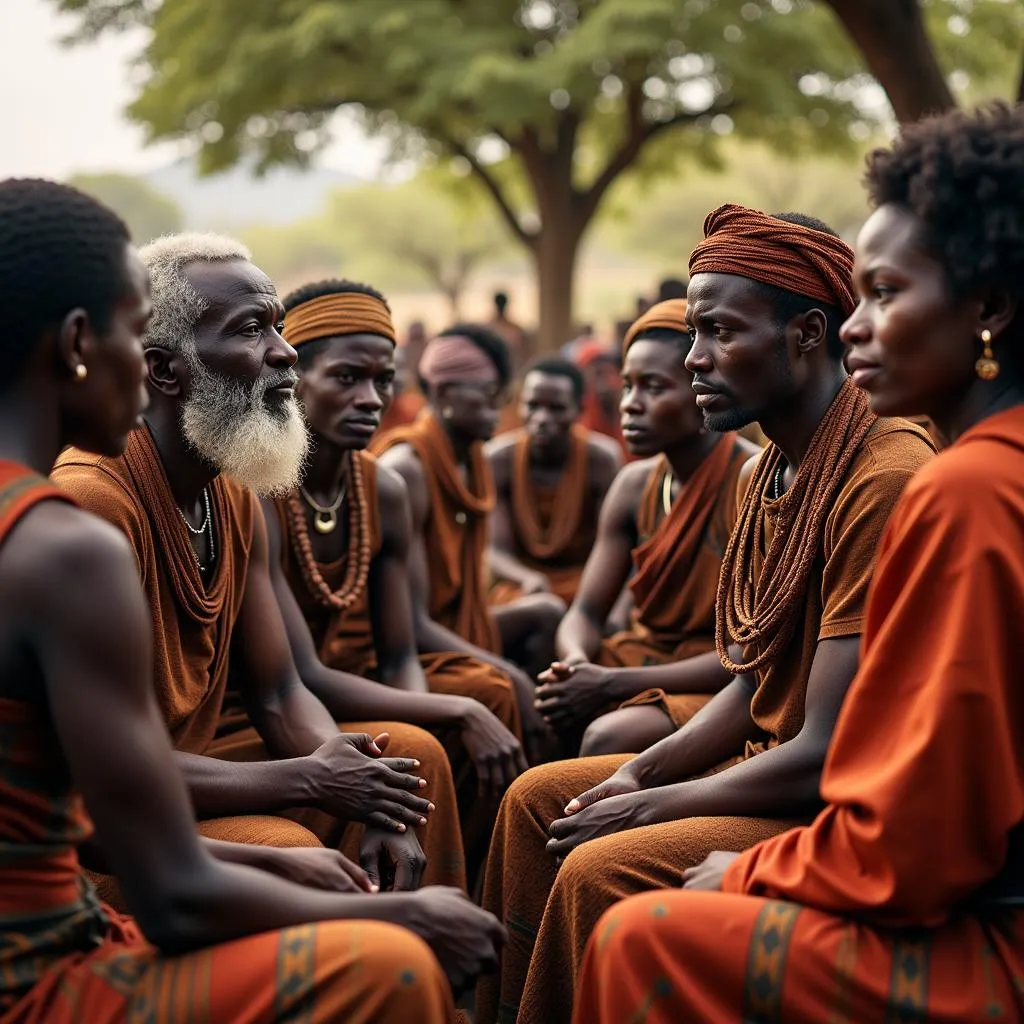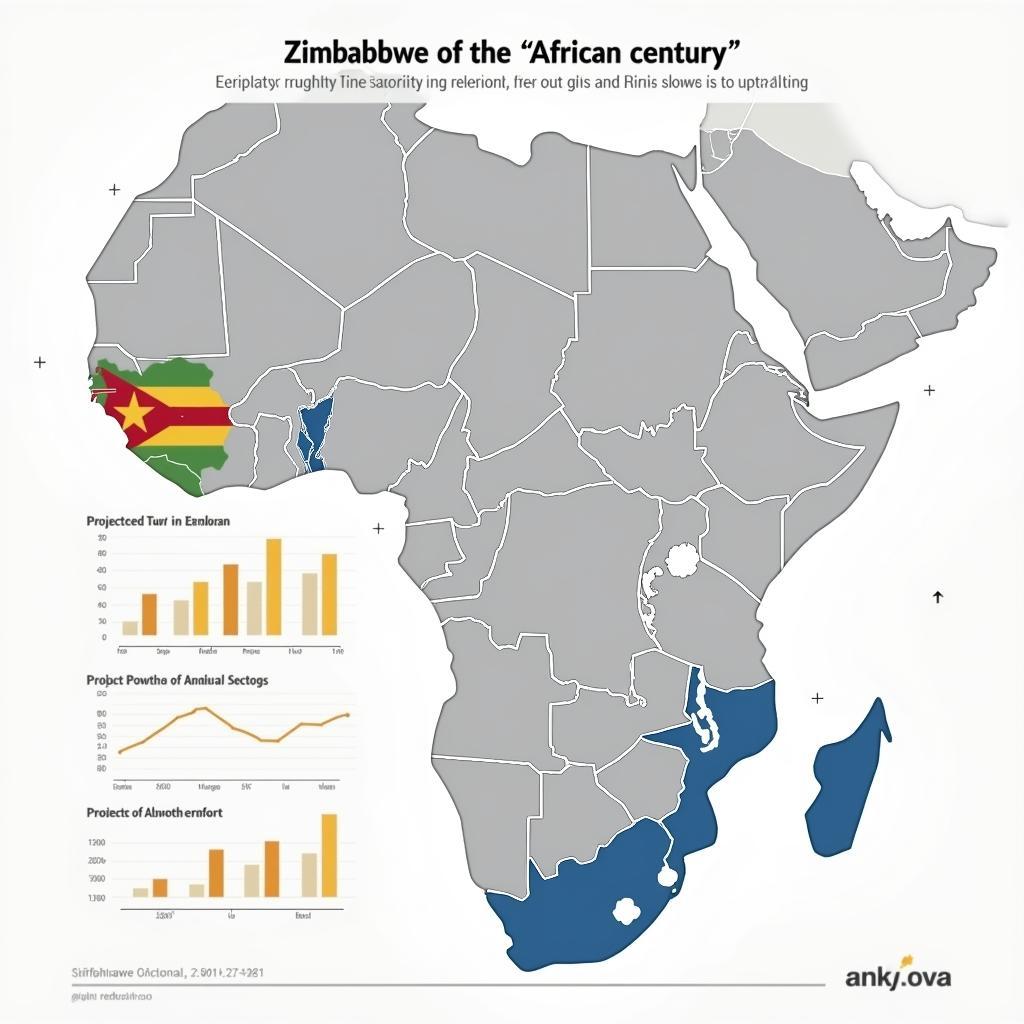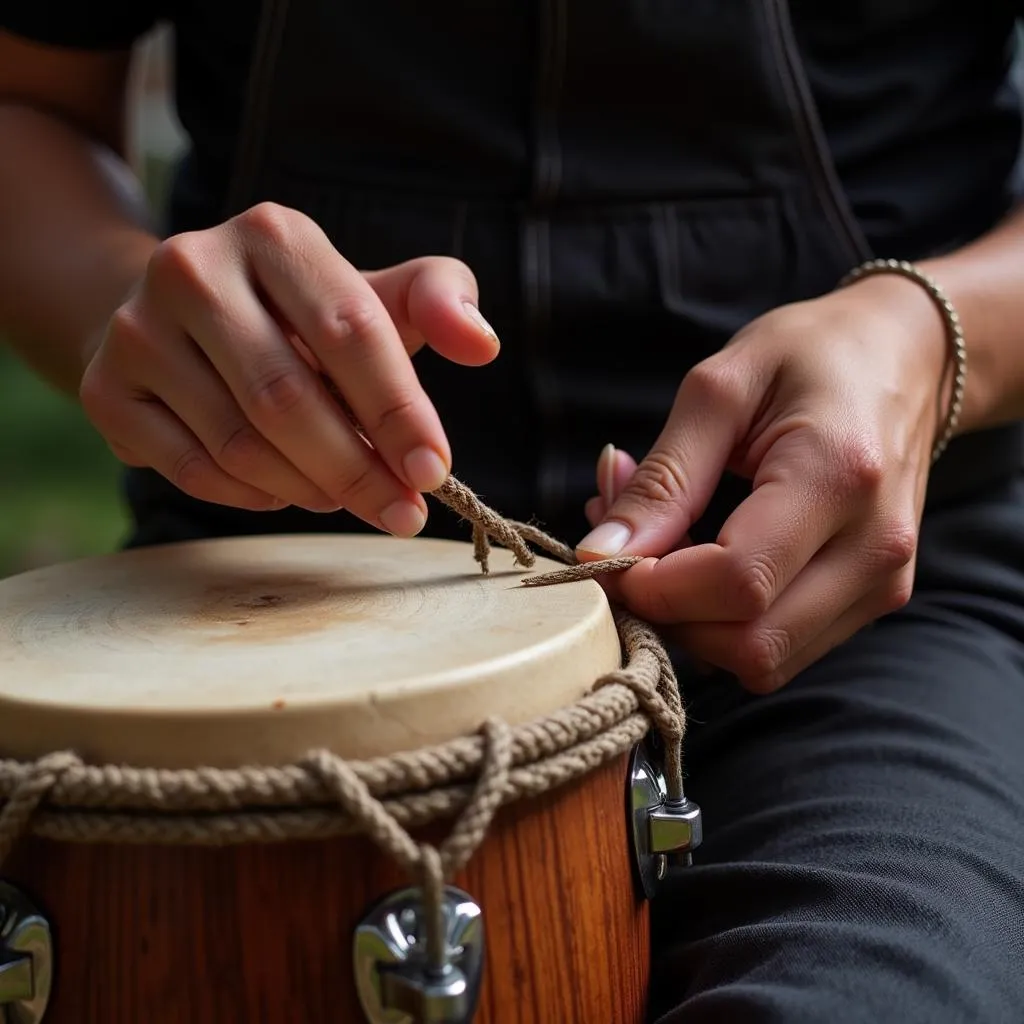Exploring the Diversity of Relationships and Traditions in African Tribes
The term “African Tribe Sex” is often used in a way that homogenizes the vast cultural tapestry of Africa. It’s crucial to understand that the continent is home to over 3,000 distinct ethnic groups, each with its own unique customs, beliefs, and practices surrounding relationships, marriage, and intimacy. This article delves into the diversity of these traditions, dispelling harmful stereotypes and highlighting the richness and complexity of African cultures.
While it’s impossible to cover every single tribe, exploring a few examples illustrates the vast differences that exist:
Marriage Customs: From Polygamy to Arranged Unions
Marriage in African tribal societies is rarely about individual romantic love alone. It often serves a deeper societal function, strengthening kinship ties and ensuring the continuation of lineage.
- Polygyny: In some cultures, like the Maasai of Kenya and Tanzania, polygyny (a man having multiple wives) is practiced. This often serves practical purposes, such as managing resources and ensuring the care of children, especially in societies where men traditionally herd cattle far from home.
- Bridewealth: The practice of paying a bride price, known as bridewealth, is common in many African cultures. This is not viewed as purchasing a wife but rather as compensation to her family for the loss of her labor and a symbol of the union between families.
- Arranged Marriages: Arranged marriages, where families play a significant role in choosing partners for their children, are also prevalent in some communities. This practice often emphasizes compatibility in terms of social standing, family history, and shared values.
 African Marriage Ceremony
African Marriage Ceremony
Coming-of-Age Rituals and Sexual Education
Many African tribes have unique and significant coming-of-age ceremonies that mark the transition from childhood to adulthood. These rituals often involve education about sex, relationships, and societal expectations.
- Initiation Ceremonies: These ceremonies can involve separate rituals for boys and girls, teaching them about their future roles as men and women within their community. They often include instruction on sexual health, responsible behavior, and the importance of family.
- Role of Elders: Elders and respected community members often play a crucial role in imparting knowledge and guidance to younger generations. They share traditional wisdom, stories, and practical advice about navigating relationships and responsibilities.
The Impact of Modernization and External Influences
It’s important to acknowledge that African cultures are not static. Colonialism, globalization, and the spread of technology have all impacted traditional ways of life, including attitudes towards relationships and sexuality.
- Changing Gender Roles: With increased urbanization and access to education, traditional gender roles are being challenged in some communities, leading to evolving dynamics within relationships.
- Influence of Western Culture: Western media and ideals have also influenced younger generations, sometimes leading to a clash between traditional values and modern perspectives.
 African Tribal Elders Meeting
African Tribal Elders Meeting
Understanding and Respecting Cultural Nuances
When researching or discussing topics related to “african tribe sex,” it’s essential to approach the subject with sensitivity, respect, and a commitment to accuracy.
- Avoid Generalizations: Africa is not a monolith. Refrain from making sweeping generalizations about entire continents or ethnic groups.
- Seek Credible Sources: Rely on scholarly articles, reputable documentaries, and firsthand accounts from individuals within these cultures to ensure accurate information.
- Promote Cultural Exchange: Encourage open and respectful dialogue that fosters cross-cultural understanding and appreciation for the diversity of human experiences.
By embracing a nuanced perspective and engaging with diverse voices, we can move beyond harmful stereotypes and appreciate the richness and complexity of relationships and traditions in African cultures.


